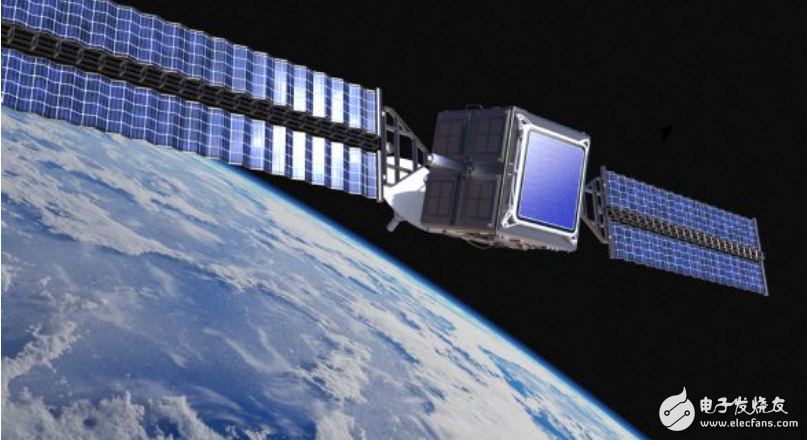Lockheed Martin, a leading US space company, has recently announced that it is leveraging NEC's artificial intelligence (AI) software to process and analyze data gathered by space sensors. According to SpaceNews.com, Carl Marchetto, vice president of new operations at Lockheed Martin Space, emphasized that AI has the potential to transform how we interpret and utilize information from space missions and orbiting systems.
NEC’s System Invariant Analysis Technology (SIAT) is designed to analyze sensor data in order to understand the behavior of complex systems such as computer networks, power plants, factories, and buildings. The technology can also learn autonomously to detect anomalies and suggest corrective actions, making it a powerful tool for system maintenance and optimization.

Experts believe that AI holds the key to unlocking the vast potential of space exploration. NASA, for instance, is using Google’s AI and machine learning technologies to analyze data from the Kepler Space Telescope, aiming to discover exoplanets that could potentially support life. This partnership highlights the growing role of AI in advancing our understanding of the cosmos.
Lockheed Martin envisions numerous applications for AI in space, including real-time monitoring of satellite performance, detecting environmental changes, and predicting the effects of space weather on critical electronics. Tomyasu Nishimura, senior vice president at NEC, stated that the collaboration with Lockheed will not only drive business growth in the U.S. but also help integrate NEC’s advanced technologies into government projects.
Currently, NEC serves as the prime contractor for the U.S. Department of Homeland Security’s biometrics export pilot program, utilizing its fast facial recognition matching technology. As private investment continues to surge into the AI sector, defense companies like Lockheed are increasingly turning to commercial AI providers to enhance their capabilities.
Raj Shah, director of the Defense Innovation Unit Experimental (DIUX), noted that in 2016, major tech companies in the U.S. invested over $40 billion in AI research and development, with an additional $10 billion allocated to support startups. By contrast, the Department of Defense spent less than $100 million on AI research during the same period.
A recent report by Govini, a big data analytics firm, highlights that defense contractors and the Pentagon stand to gain significant advantages through the adoption of AI. The report states that AI has demonstrated the ability to match or even surpass human cognitive performance in various scenarios.
Computer vision is now being applied to critical military tasks. For example, Leidos has integrated AI software into the Army Geospatial Center’s high-resolution 3D geospatial program, while Raytheon has implemented computer vision in multi-spectral targeting systems used by the U.S. military. These developments underscore the increasing reliance on AI to enhance operational efficiency and decision-making in defense and space exploration.
fumot digital box 12000,fumot 15000,fumot tornado 20000,fumot 12k
Shenzhen Essenvape Technology Co., Ltd. , https://www.essenvape.com
